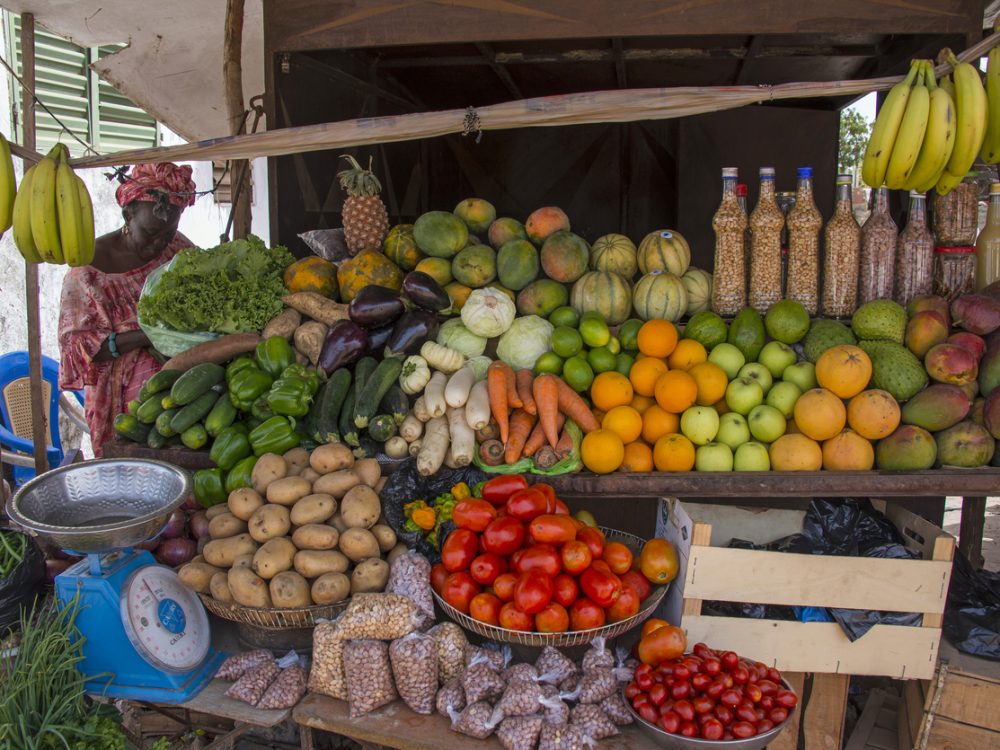
Development Gateway: A Data and Digital Organization
We strive for a world where communities have the data and digital tools they need to build a more resilient, equitable, and sustainable future.
We partner with communities and governments to build the data systems and digital tools that drive lasting change. For 25 years, we’ve combined a distinctive blend of expertise in data governance, change management, government systems, digital development, and policy engagement. We integrate these perspectives into a cohesive approach that drives meaningful digital transformation where it matters most.
Read the Latest from Our Blog

Development Gateway Collaborates with 50×2030 Initiative on Data Use in Agriculture
Development Gateway announces the launch of the Data Interoperability and Governance program to collaborate with the 50x2030 initiative on data use in agriculture in Senegal for evidence-based policymaking.

Strengthening Online Safety Through Prevention in the Philippines
Tech-Facilitated Gender-Based Violence continues to evolve alongside emerging technologies. This blog explores how preventative measures, such as the Safety By Design approach, can be used to create a safer internet.

Preparing Jordan’s Education System for the AI Age
This blog introduces Asas, an early grade education program led by IREX and DG in partnership with Jordan’s Ministry of Education, and explores what AI readiness looks like in early grades and how AI can be integrated safely and sustainably into education systems.